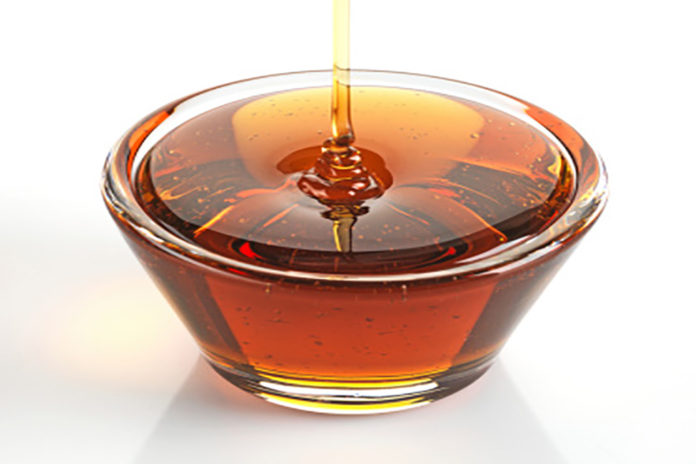
By Lisa Cantkier, Nutritionist
Could Maple Syrup Be More Than Just a Pancake Topper?
It’s a common misconception that worries about conditions like Alzheimer’s are reserved for the later chapters of our lives. But here’s a reality check: Alzheimer’s doesn’t just target the elderly. Known as early or young-onset Alzheimer’s, this condition can affect individuals under 65 too. With Alzheimer’s leading the charge as the most common type of dementia, it’s clear that this is a conversation we need to have at every age.
Alzheimer’s: A Younger Generation’s Concern Too
The Alzheimer Society Canada paints a sobering picture: Alzheimer’s disease, a relentless thief of memory and cognitive function, is not an inevitable part of getting older. Shockingly, around 747,000 Canadians are currently navigating life with Alzheimer’s and other forms of dementia. The financial burden? A staggering $33 billion a year. And while we’re still on the hunt for a cure, there are treatments available that offer a glimmer of hope.
Sweet News in Alzheimer’s Research
Just when things seem grim, enter the promising world of natural remedies—maple syrup, to be precise. At a recent gathering of minds at the American Chemical Society’s annual meeting, researchers unveiled studies suggesting that natural products, with maple syrup in the spotlight, could be game-changers in the fight against neurodegenerative diseases. Dr. Donald Weaver’s team at the University of Toronto’s Krembil Research Institute discovered that an extract from pure maple syrup might just be the hero we need, potentially preventing the harmful protein clumping associated with Alzheimer’s.
The Maple Syrup Advantage
Forget about maple syrup being just a sweet treat. This natural wonder is packed with over 100 bioactive compounds, some of which are champions at fighting inflammation. Serge Beaulieu, leading the Federation of Quebec Maple Syrup Producers, shares, “Maple syrup is a powerhouse of anti-inflammatory goodness.” This revelation positions maple syrup as not only a delight for the taste buds but possibly a boon for brain health.
Rethinking Maple Syrup in Your Diet
The buzz around maple syrup might remind you of the diet Beyonce popularized back in 2006, famously shedding pounds for a movie role. But before you jump on the bandwagon, it’s crucial to note that such a diet is far from balanced. It’s essentially a fast track to nutrient deficiency, lacking in the essentials like protein, carbs, and fats.
What’s Really in Maple Syrup?
When incorporating maple syrup into a balanced diet, let’s sift through the hype and look at the facts. While maple syrup does bring minerals and vitamins to the table, it’s missing key nutrients like protein, fat, or fiber. And with every tablespoon packing 53 calories and over 13 grams of carbs and sugar, it’s best enjoyed in moderation, especially for those monitoring blood sugar levels.
Looking Ahead: Maple Syrup’s Potential
Dr. Navinder Seeram, who organized the symposium at the American Chemical Society, points to exciting preliminary findings. Maple syrup, much like the resveratrol found in red wine, showed signs of protecting brain cells in early tests. But before we crown maple syrup as a superfood, more research is needed, including trials with animals and humans, to understand its benefits truly.
Wrapping Up: The Sweet Spot for Maple Syrup
Maple syrup, a treasure of Canada’s natural heritage and a beloved kitchen staple, might just have a secret superpower in the realm of brain health. While it’s too early to declare it a cure-all, the potential for maple syrup to play a role in preventing diseases like Alzheimer’s is an exciting prospect. For now, enjoying maple syrup in moderation as part of a well-rounded diet seems like a sweet compromise. As research continues to unfold, who knows? This humble syrup could one day be as famous for its health benefits as it is for its delicious taste.











